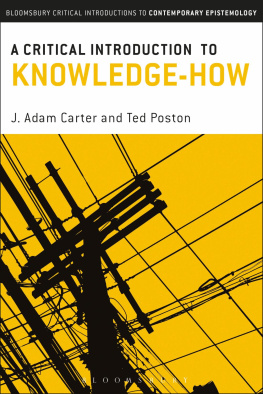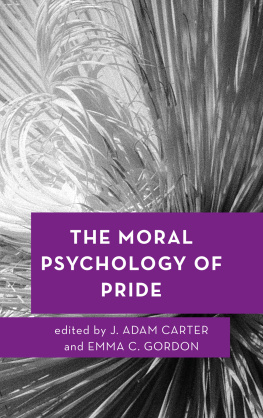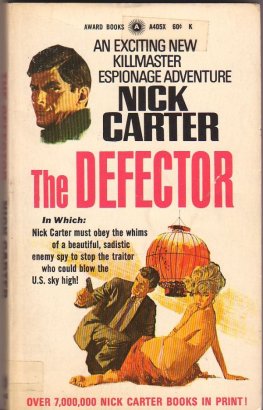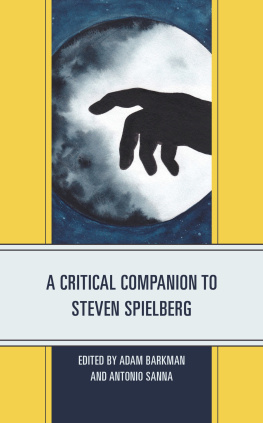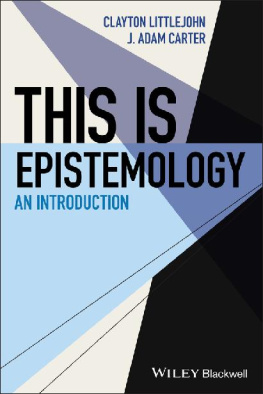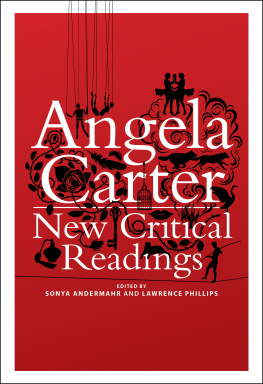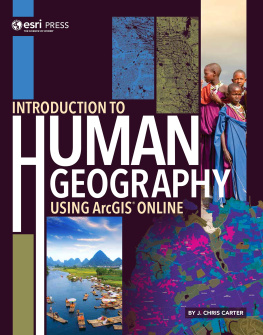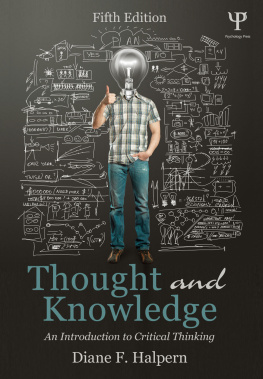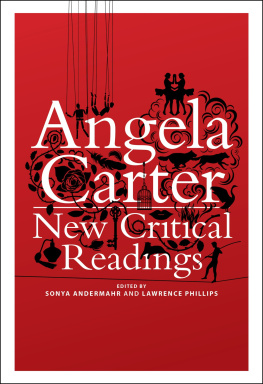Carter J. Adam - A Critical Introduction to Knowledge-How
Here you can read online Carter J. Adam - A Critical Introduction to Knowledge-How full text of the book (entire story) in english for free. Download pdf and epub, get meaning, cover and reviews about this ebook. year: 2018, genre: Romance novel. Description of the work, (preface) as well as reviews are available. Best literature library LitArk.com created for fans of good reading and offers a wide selection of genres:
Romance novel
Science fiction
Adventure
Detective
Science
History
Home and family
Prose
Art
Politics
Computer
Non-fiction
Religion
Business
Children
Humor
Choose a favorite category and find really read worthwhile books. Enjoy immersion in the world of imagination, feel the emotions of the characters or learn something new for yourself, make an fascinating discovery.
- Book:A Critical Introduction to Knowledge-How
- Author:
- Genre:
- Year:2018
- Rating:4 / 5
- Favourites:Add to favourites
- Your mark:
- 80
- 1
- 2
- 3
- 4
- 5
A Critical Introduction to Knowledge-How: summary, description and annotation
We offer to read an annotation, description, summary or preface (depends on what the author of the book "A Critical Introduction to Knowledge-How" wrote himself). If you haven't found the necessary information about the book — write in the comments, we will try to find it.
A Critical Introduction to Knowledge-How — read online for free the complete book (whole text) full work
Below is the text of the book, divided by pages. System saving the place of the last page read, allows you to conveniently read the book "A Critical Introduction to Knowledge-How" online for free, without having to search again every time where you left off. Put a bookmark, and you can go to the page where you finished reading at any time.
Font size:
Interval:
Bookmark:

A Critical Introduction to Knowledge-How
Bloomsbury Critical Introductions to Contemporary Epistemology
Series Editor:
Stephen Hetherington, Professor of Philosophy, The University of New South Wales, Australia
Editorial Board:
Claudio de Almeida, Pontifical Catholic University of Rio Grande do Sul, Brazil; Richard Fumerton, The University of Iowa, USA; John Greco, Saint Louis University, USA; Jonathan Kvanvig, Baylor University, USA; Ram Neta, University of North Carolina, Chapel Hill, USA; Duncan Pritchard, The University of Edinburgh, UK
Bloomsbury Critical Introductions to Contemporary Epistemology introduces and advances the central topics within one of the most dynamic areas of contemporary philosophy.
Each critical introduction provides a comprehensive survey to an important epistemic subject, covering the historical, methodological, and practical contexts and exploring the major approaches, theories, and debates. By clearly illustrating the changes to the ways human knowledge is being studied, each volume places an emphasis on the historical background and makes important connections between contemporary issues and the wider history of modern philosophy.
Designed for use on contemporary epistemology courses, the introductions are defined by a clarity of argument and equipped with easy-to-follow chapter summaries, annotated guides to reading, and glossaries to facilitate and encourage further study. This series is ideal for upper-level undergraduates and postgraduates wishing to stay informed of the thinkers, issues, and arguments shaping twenty-first century epistemology.
Titles in the Series Include:
A Critical Introduction to the Epistemology of Memory , Thomas D. Senor
A Critical Introduction to Formal Epistemology , Darren Bradley
A Critical Introduction to Scientific Realism , Paul Dicken
A Critical Introduction to Skepticism , Allan Hazlett
A Critical Introduction to Testimony , Axel Gelfert
A Critical Introduction to Knowledge-How
J. ADAM CARTER AND TED POSTON
Bloomsbury Academic
An imprint of Bloomsbury Publishing Plc

Contents
We are grateful for the feedback on this project at multiple stages from Samuel Baker, Caleb Cohoe, Bolesaw Czarnecki, Trent Dougherty, Emma C. Gordon, John Greco, Josh Habgood-Coote, Stephen Hetherington, Anne Jeffrey, Lorraine Keller, Kevin Meeker, Andrew Moon, Jess Navarro, Duncan Pritchard and Jason Stanley. We owe a special debt of gratitude to Stephen Hetherington for his wise guidance throughout this project.
Our familiarity with the universal, a cognitive state, overflows of itself into an activity which is practical. This is just what we call an intelligent action. Perhaps, it is a pity that the theory of knowledge and the theory of conduct have fallen into separate compartments. It certainly was not so in Socrates time, as his interest in the relation between eidos and techne bears witness. If we studied them together, perhaps we might have a better understanding of both.
(Price 1946, 36)
What makes an action intelligent? Suppose that professional golfer Phil Mickelson holes a ten-foot putt on a sloped green through great skill, while an unskilled novice, Fil Nickelson, sinks the same putt by amazing luck. Phils act is intelligent; Fils act is just lucky. What accounts for the difference between these two acts? It is not success, after all, because both putts go in the hole. It must thus be something else, something about the way Phil but not Fil performed but at this point, things become controversial quickly. Granted, Phil seems to know how to do what he just did, whereas Fil doesnt. But in virtue of what, exactly?
The contemporary debate over the nature of knowledge-how is an attempt to provide a philosophical theory of the nature of intelligent action. The contemporary landscape is populated, on the one hand, by intellectualists who hold that knowledge-how is propositional knowledge and, on the other hand, by anti-intellectualists who hold that knowledge-how is distinct from propositional knowledge. Intellectualists claim that knowing how to perform some action just is knowing some fact. Anti-intellectualists claim that knowing how to perform an action is a different kind of knowledge from knowing some fact. Our goals in this book are to layout the issues that motivate this debate and to offer a sustained argument in favour of anti-intellectualism.
In this introductory chapter we set the stage for the contemporary debate. The debate over the nature of intelligent action begins with Gilbert Ryles book The Concept of Mind (1949). Ryle is concerned to rebut a view of the nature of intelligent action that he finds in Descartess views about the relation between the mind and the body. Descartes argues that the mind the seat of thoughts, desires and experiences is a different kind of substance from the body. The mind is immaterial, existing independently of the body, but nonetheless intimately joined to the body. By contrast, the body is a substance that occupies space. In Descartess view a bodily action is intelligent only if it is guided by the mind. The metaphor Descartes uses of the mind directing the body is that of a captain piloting a ship.
Descartess view about the nature of the mind and the body is known as Cartesian Dualism . Ryle thinks that the Cartesian is committed to an implausible view of what makes a bodily action intelligent. On Ryles interpretation, the Cartesian holds that an action is intelligent only if it is preceded by a prior mental act which guides the bodily act. On this view, Phils putt is intelligent only if he first formulates a set of instructions to move the body in such and such a manner and then executes those moves. Ryle dismissively refers to this view as the ghost in the machine. He presents a famous regress argument against such a view while attempting to tie a Cartesian view to an intellectualist conception of practical knowledge. We discuss Ryles arguments in the second part of this chapter.
In the first part we look at some of the ways that Plato and Aristotle thought of knowledge and its relation to action. Julia Annas She argues that the ancient notion of skill or expertise does not map perfectly onto contemporary discussions of knowledge-how, but nonetheless Platos and Aristotles works contain important insights that can be brought to bear on the contemporary debate. While neither of us are historians of philosophy, we do think it important to understand the history of a philosophical problem. It can be difficult to escape a particular perspective on a contemporary problem, but by studying the history of philosophy, we can see different attempts to grapple with, and even conceive of, philosophical problems. The student of the contemporary debate over knowledge-how does well to acquaint herself with Platos and Aristotles views of the nature of knowledge states and their connection with action. To this end, we explore some of Platos and Aristotles views about knowledge and skill.
1.1Plato and Aristotle on knowledge-how
Ancient Greek has several different words for states of knowledge: episteme , gnosis , nos , phronesis , sophia and techne . In this section we survey some of Platos and Aristotles views about states of knowledge, in particular their views relating to episteme and techne . Episteme is normally translated as knowledge, expertise or understanding, while techne is translated as skill or expertise. Both episteme and techne are closely connected to conceptual mastery, to the mastery of a subject that an expert possesses. We must use care, however, to avoid reading too much of our current views into a translation of episteme and techne . David Roochnik, for instance, maintains that in Platos Socratic dialogues the words episteme and techne are used interchangeably to express a general conception of expertise.
Font size:
Interval:
Bookmark:
Similar books «A Critical Introduction to Knowledge-How»
Look at similar books to A Critical Introduction to Knowledge-How. We have selected literature similar in name and meaning in the hope of providing readers with more options to find new, interesting, not yet read works.
Discussion, reviews of the book A Critical Introduction to Knowledge-How and just readers' own opinions. Leave your comments, write what you think about the work, its meaning or the main characters. Specify what exactly you liked and what you didn't like, and why you think so.

